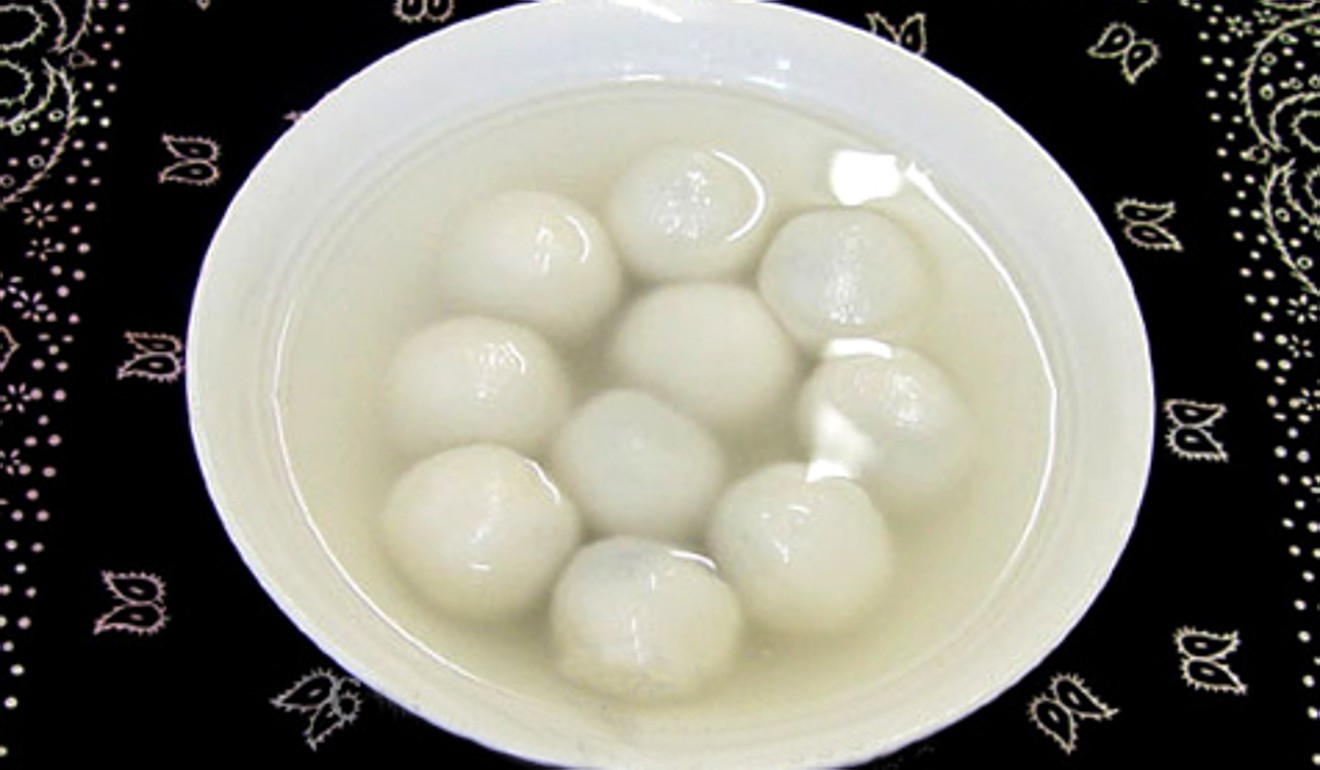
How mistresses turn seasonal soups into culinary weapons of seduction
As the longest night of the year draws near, Luisa Tam explains why there’s nothing simple about a bowl of broth at the dining table

Here comes the Winter Solstice (dung ji in Cantonese), which marks the day with the longest night of the year. This important Chinese festival, which falls on December 22 this year, signifies one of the 24 solar terms on the Chinese lunar calendar, which used to guide farmers in agricultural production by indicating different periods of seasons.
It’s not a public holiday in Hong Kong, but at work, just about every local Chinese colleague will disappear in the afternoon to rush home and get ready for a big family reunion dinner. According to Chinese custom, dung ji is also the day when everyone becomes one year older.
I don’t have my family here to spend the evening with, but I love this festival because of the abundant supply of tong yuen, a seasonal dessert made of glutinous rice balls with a sweet sesame filling.
We eat tong yuen because their round shape symbolises harmony, reunion and satiety. As for children, they are often told by their parents or older relatives to eat these sticky rice balls because this (apparently) makes them more obedient. However, since they are so delicious, I don’t think any child would need to be coerced into gobbling them up. I was a hyperactive child, so you can imagine how many tong yuen I snacked on while growing up.
The symbolism of Chinese food plays a significant role in its culinary tradition. As a rule of thumb, you can’t go wrong with eating anything that’s round because it represents oneness, unity and perfection.
Chinese festive food traditions are famously steeped in superstition, which makes it compulsory for every item served on important days to bear a lucky meaning, either in its physical form or in the pronunciation of its name.
For example, fish means prosperity because it is pronounced “yu” in Cantonese, which sounds similar to “surplus”. Some other foods that are thought to bring good fortune due to their physical shapes include noodles, which represent longevity; dumplings, which resemble silver ingots; and spring rolls, which look like gold bars.
Food also plays a significant role in family politics, especially in the old days, when a household had more than one wife. There is a long-held Chinese belief that to be a perfect wife – or mistress in some cases – one has to be a good cook. The practice of having a “minor wife” or mistress/concubine was more common and acceptable with the older generation. Every so often, when a man was keeping two families at the same time, the wives would do all they could to cook up the most deliciously seductive bowl of soup to lure him home.

In Chinese culinary tradition, soup has always occupied a high place. While we are all familiar with the Western saying, “The way to a man’s heart is through his stomach”, Chinese soup, besides its medicinal and therapeutic value, is the ultimate winter dish.
To make a good pot of soup is as significant as kimchi-making in Korea, where it seems to define a woman and is used as a measure for a potential wife because this pungent dish is a staple in Korean cuisine and has a particular recipe in each family.
In Chinese culture, a good bowl of flavourful soup is not only an indispensable item on the Chinese dining table, it is also a symbol of love. If you are dating a Chinese person and their mother invites you over for a bowl of soup, it means she has accepted you as a family member.
Almost every traditional Chinese mother has one or two secret soup recipes that they are proud of and willing to pass on to their daughter or daughter-in-law.
Going back to food as a tool in Chinese domestic politics, many a time when a woman is trying to win over a man, the strategy of “bringing out the big guns” would mean serving up a delightful bowl of nourishing soup to soothe the body and soul, and of course, in the hope that it would conquer his heart.
And because soup is the ultimate culinary weapon in the Chinese kitchen, many often joke that the mistress or second wife makes the tastiest soup to tug at her man’s heartstrings. That has given rise to the phrase “Ah Yee leng tong”, which directly translates as “No 2’s good soup.”
The weather in Hong Kong is starting to get chilly. Got soup, anyone?
Luisa Tam is a senior editor at the Post